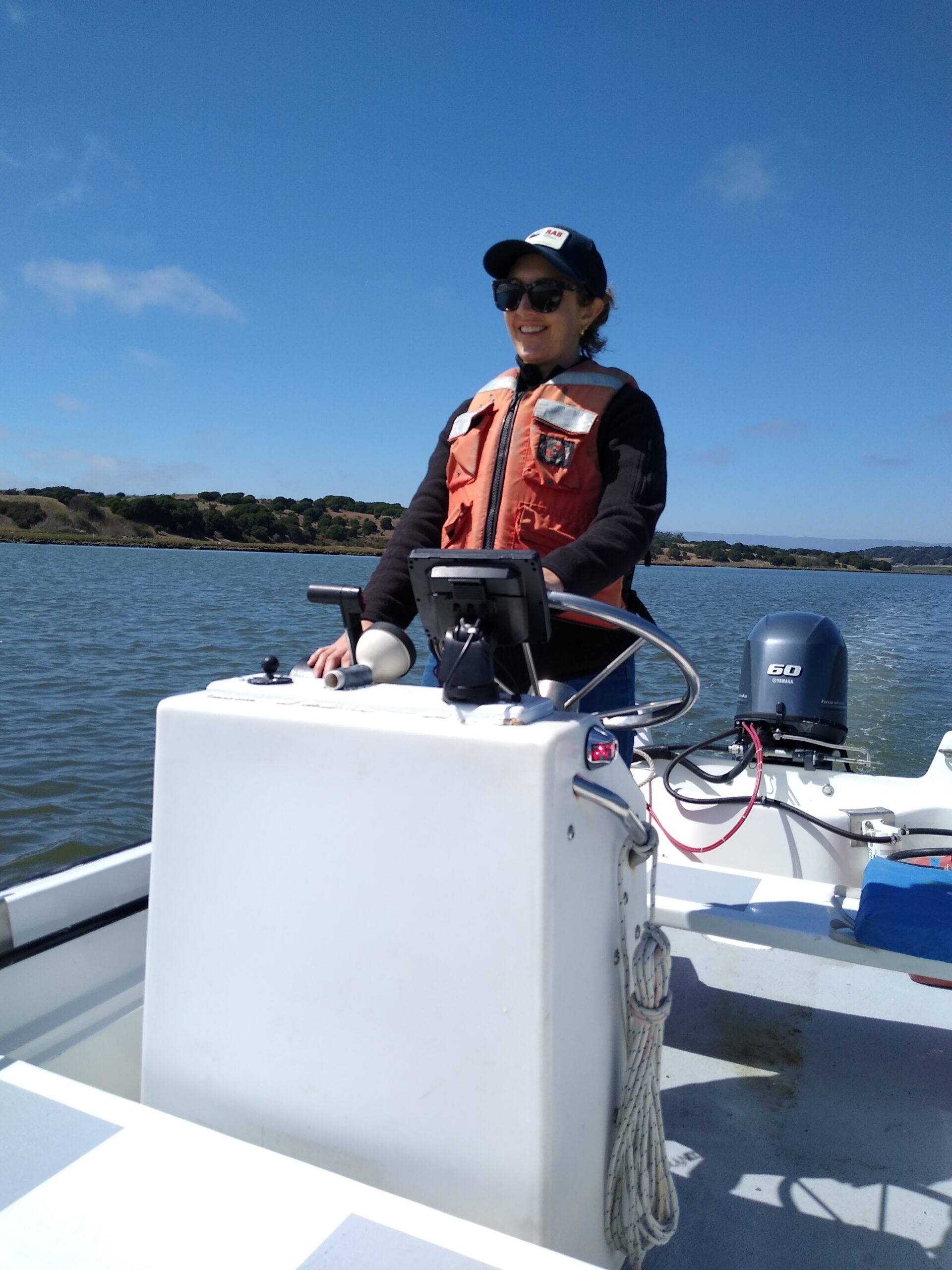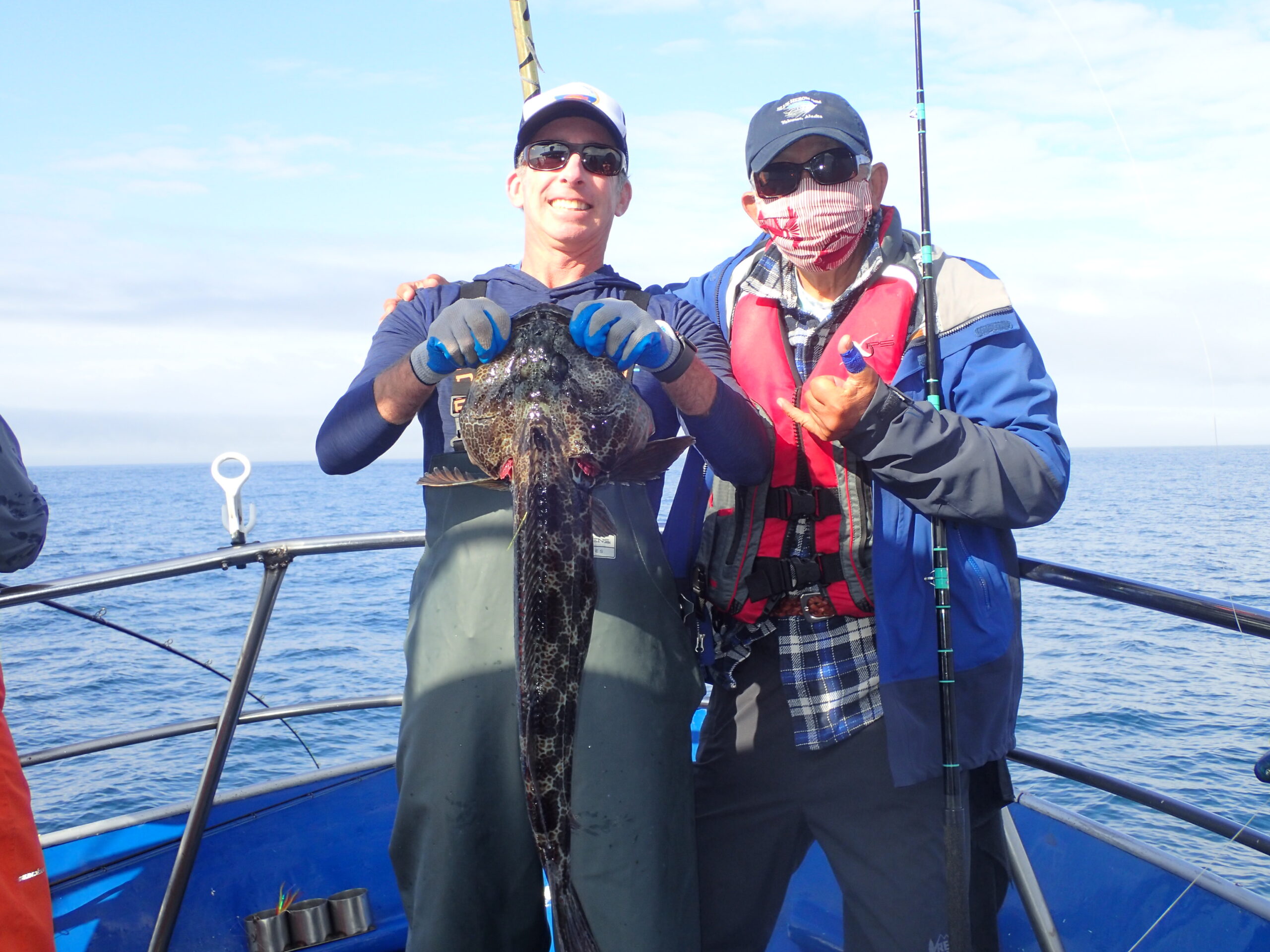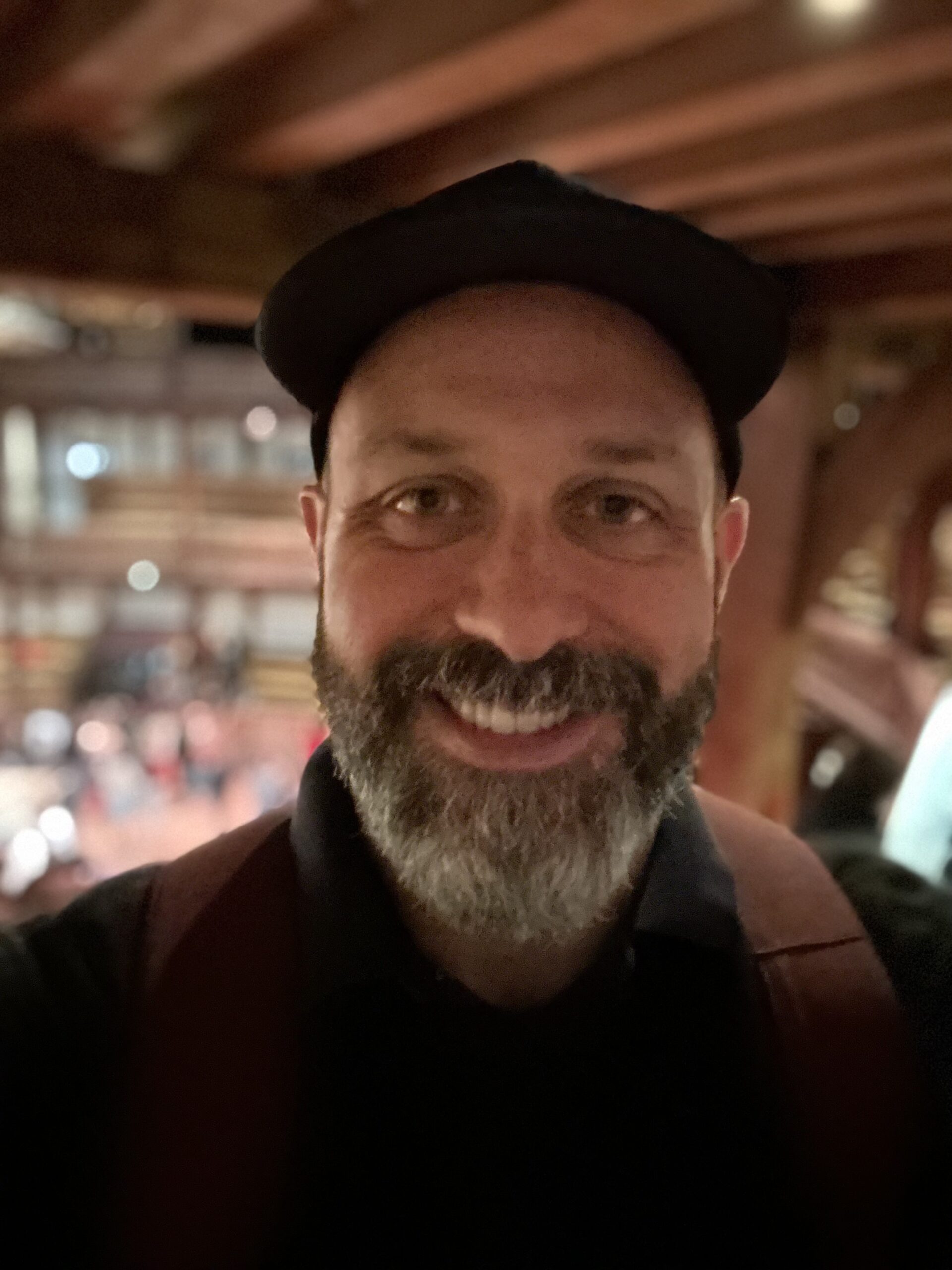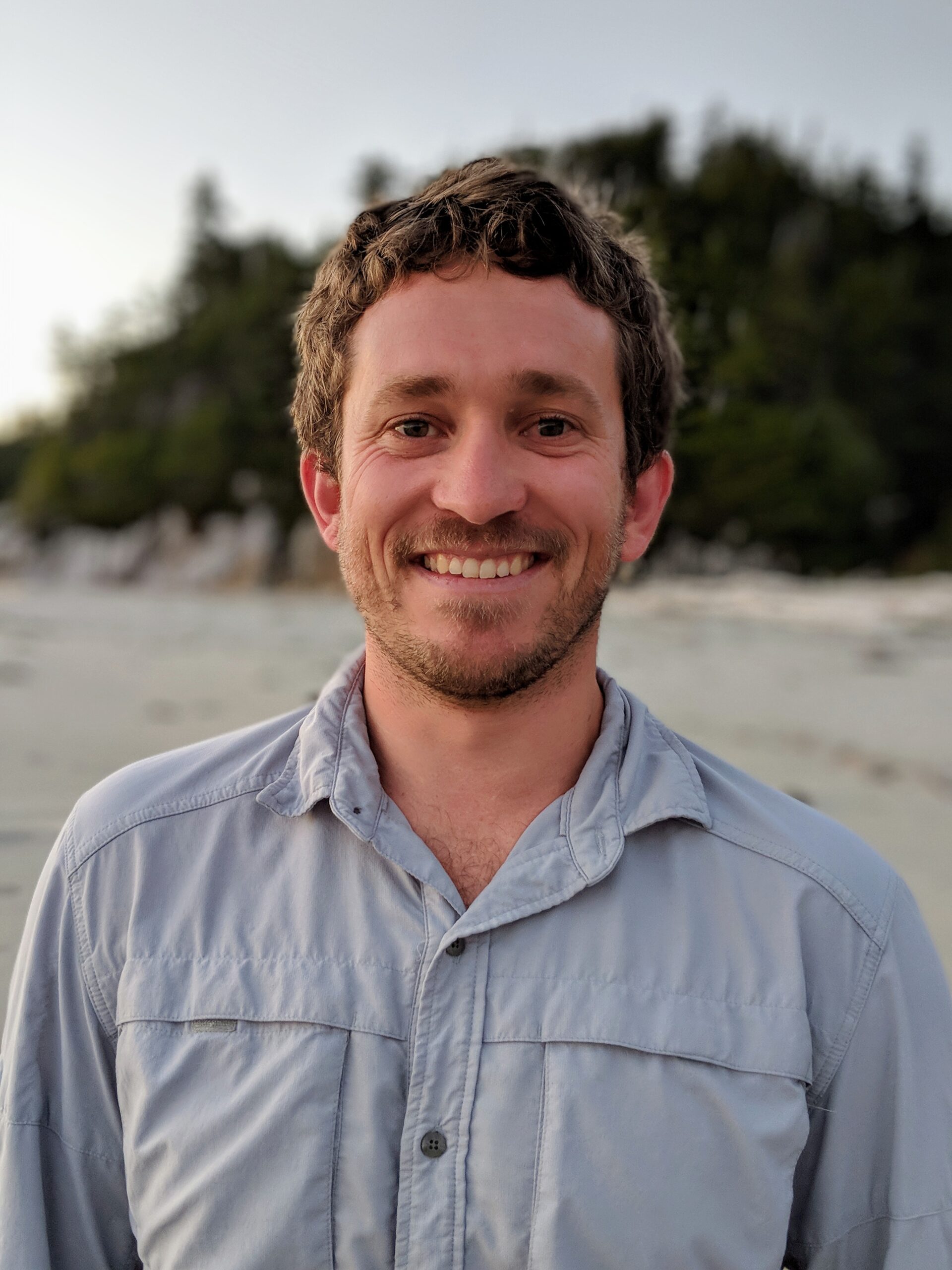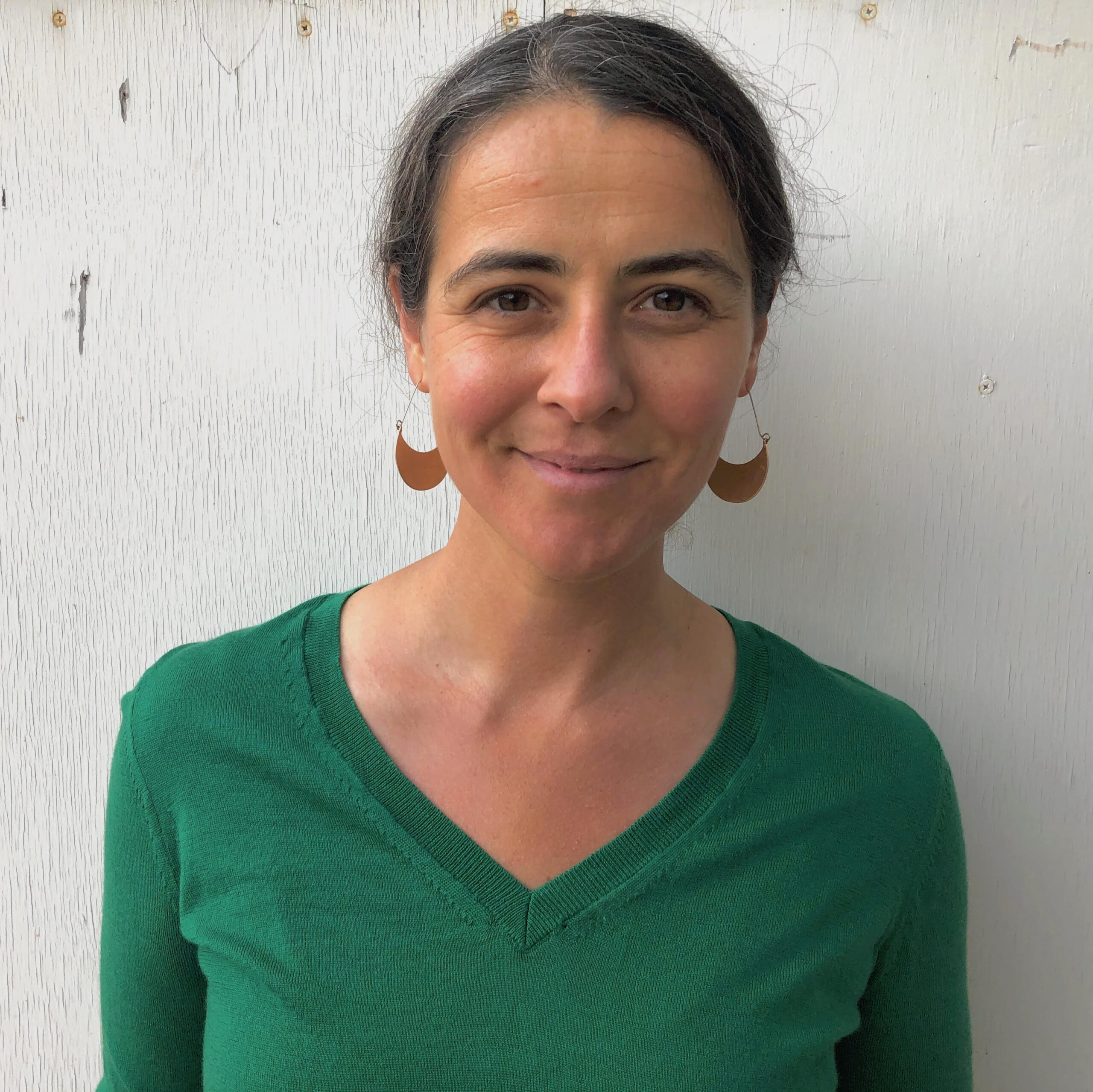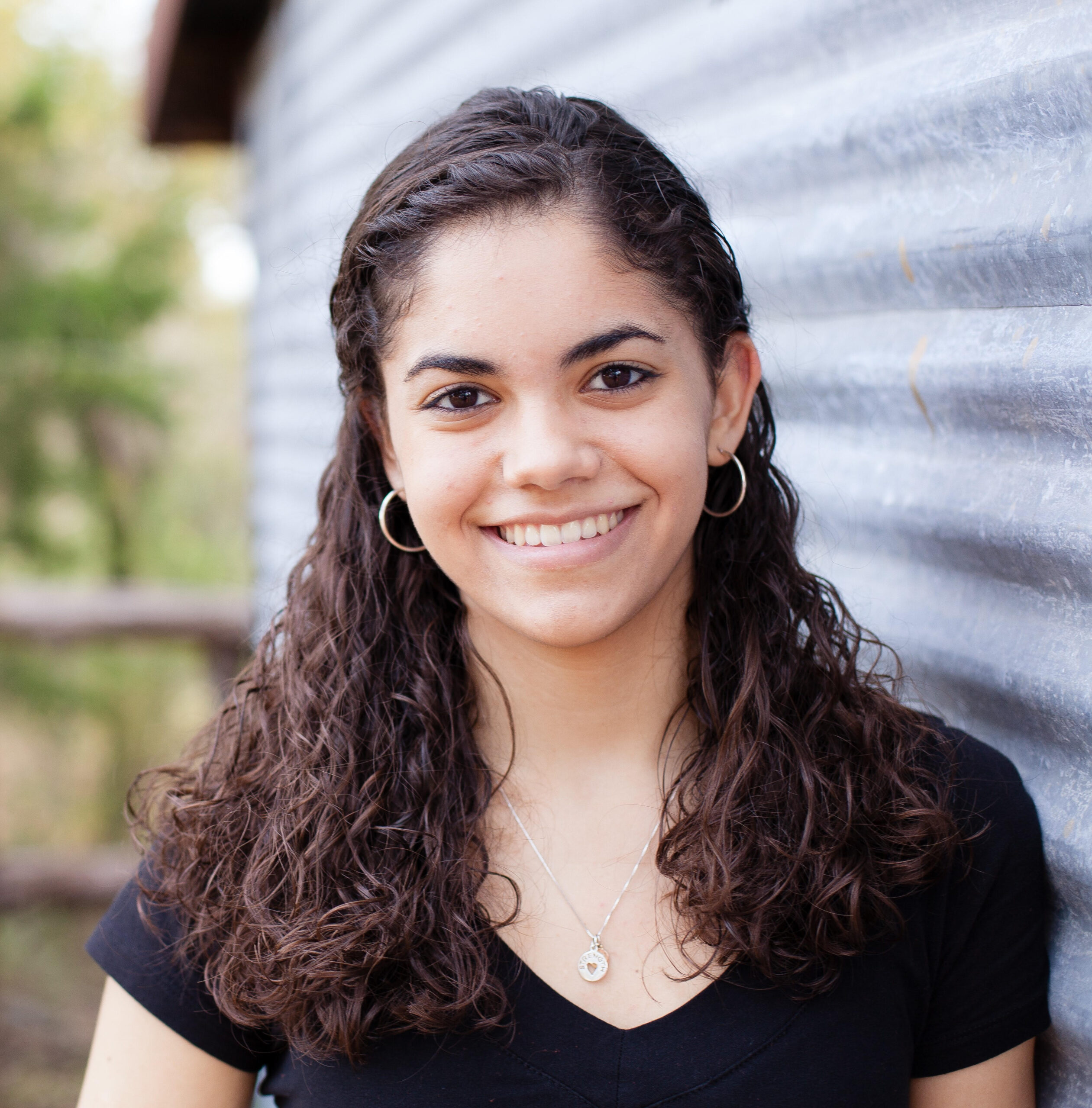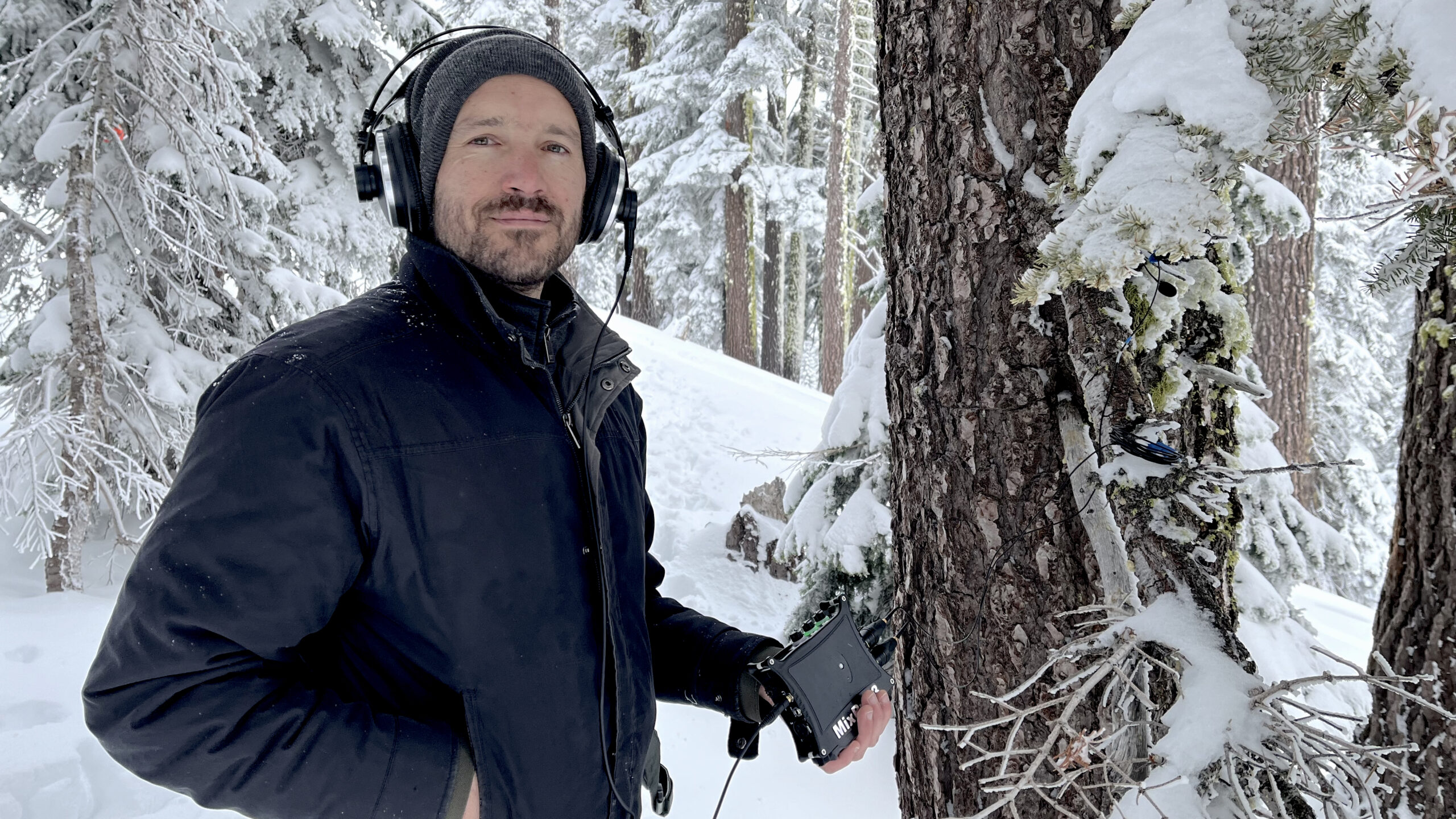Jonathan Trent, Ph.D. | Founder of UpCycle Systems
Presenting: "From marine snow to extremophiles: Some lessons learned about science"
Hosted by the Geological Oceanography Lab
MLML Seminar | September 10th, 2024 at 4:00PM
Watch the Live Stream
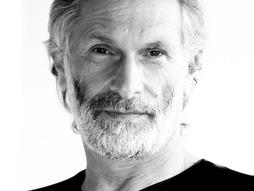
Abstract:
The power of science for exploring the world depends on the research tools available and both the imagination and the rigor of the scientists using them. I will present three stories from my career that illustrate 1) the potential of using old tools in new ways, 2) the danger of a vivid imagination without sufficient scientific rigor, and 3) the importance of rigor over peer pressure. As a young marine scientist at UC Santa Cruz, I used SCUBA far offshore to study fragile aggregations of plankton and detritus--the so-call "marine snow" (1). SCUBA provided the manual dexterity and discrimination needed to selectively and carefully take samples, which differed from the traditional bottle-cast or net-towing methods at the time. At the time, this SCUBA sampling pushed the limits of what we knew about micro-environments in the pelagic environment, which expanded our understanding of fragile details on a milliliter scale--a scale relevant to larval fish and many zooplankton. We will discuss the implications and what I learned at NASA about never sending a person to do a job a robot can do better, faster, and cheaper. As a graduate student at Scripps, I considered the sinking of marine snow and studied the potential impact of temperature and pressure on marine bacteria in the Yayanos lab. At the time, a guest scientist, John Baross, was simulating the high temperature and high pressure conditions in hydrothermal vents and claimed to grow bacteria at 250°C and 265-bars pressure--far exceeding the known upper temperature limit of life at the time. Intrigued by his extraordinary result, I rigorously replicated his experiments and showed that all of the results could be explained by artifacts (2). While studying the upper temperature limit of life, I focused on the heat shock proteins (HSPs), that are found in all organisms and known to contribute to acquired thermotolerance. My research into the HSPs in an organism living in near boiling sulfuric acid led to a breakthrough in our understanding of the function of these highly conserved proteins in vivo (3, 4).
1. Silver, M.W., A.L. Shanks, and J.D. Trent. 1978. Marine snow: Microplankton habitat and source of small-scale patchiness in pelagic populations. Science 201: 371-373.
2. Trent, J.D., R.A. Chastain and A.A. Yayanos. 1984. Possible artefactual basis for apparent bacterial growth at 250°C. Nature 307:737-740.
3. Trent, J.D., et al. 1991. A chaperone from a thermophilic archaebacterium is related to the eukaryotic protein, t-complex polypeptide 1. Nature, 354(6353): 490-493.
4. 2003. Trent, Jonathan D., et al. 2003. Intracelluar localization of a group II chaperonin indicates a membrane-related function. Proceedings of the National Academy of Sciences, USA, 100: 15589-15594.
Bio:
After studying marine science at UC Santa Cruz, Jonathan, receive a PhD in Biological Oceanography at Scripps Institution of Oceanography. He conducted postdoctoral research at the Max Planck Institute for Biochemistry in Germany, Århus and Copenhagen Universities in Denmark and the University of Paris at Orsay in France. His research continued at the Boyer Center for Molecular Medicine at Yale Medical School and Argonne National Laboratory before joining NASA Ames Research Center. He left NASA in 2019 on a Fulbright at Akureyri University in Iceland and recently founded UpCycle Systems focused on building sustainable data centers. He is a Fellow at the California Academy of Sciences.


